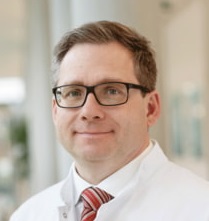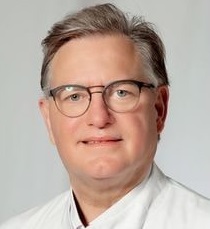 University Hospital Heidelberg
University Hospital Heidelberg
About the clinic
It is the third largest university hospital in Germany.
In 2021, University Hospital Heidelberg was ranked among the top 15 best hospitals in the world by Newsweek.
In 2024, the German Research Foundation DFG has granted about 15,000,000 euros to the Heidelberg Medical Faculty for research on the treatment of chronic infections caused by hepatitis viruses.
The University Hospital Heidelberg works closely with the University of Heidelberg and has been accepting patients in various medical fields for more than 150 years. Special attention is paid to developments in the field of oncology. All of today’s leading therapies are available at the National Cancer Center: from surgical high-precision excision of the affected tissue with the Da Vinci robot, targeting and immunotherapy to CAR-T cell therapy, radionuclide therapy, radiation therapy and chemotherapy, as well as proton therapy, heavy ion therapy and tomotherapy. Complex patients with genetic diseases are seen by the Center for Amyloidosis, the Center for Marfan’s Disease, the Center for Sarcoma and other rare diseases. They are provided with full diagnostic care, including cardiac MRI and pulmonary function tests. Highly sensitive laboratory tests (NT-proBNP, cTNT) identify specific proteins that reflect high target organ burden, such as in amyloidosis. Kidney, liver and bone marrow transplants are handled by specialists in the transplant department. Today, the Heidelberg Transplant Center is one of the largest liver transplant centers in the country. Since 1967, 3,135 kidney transplants had been performed by the end of 2013. The activities of the surgical department are complemented by the scientific work of several “fundamental research” groups. In the area of immune tolerance, specialists are working on new strategies to prevent rejection of transplanted organs and increase the life expectancy of patients.






